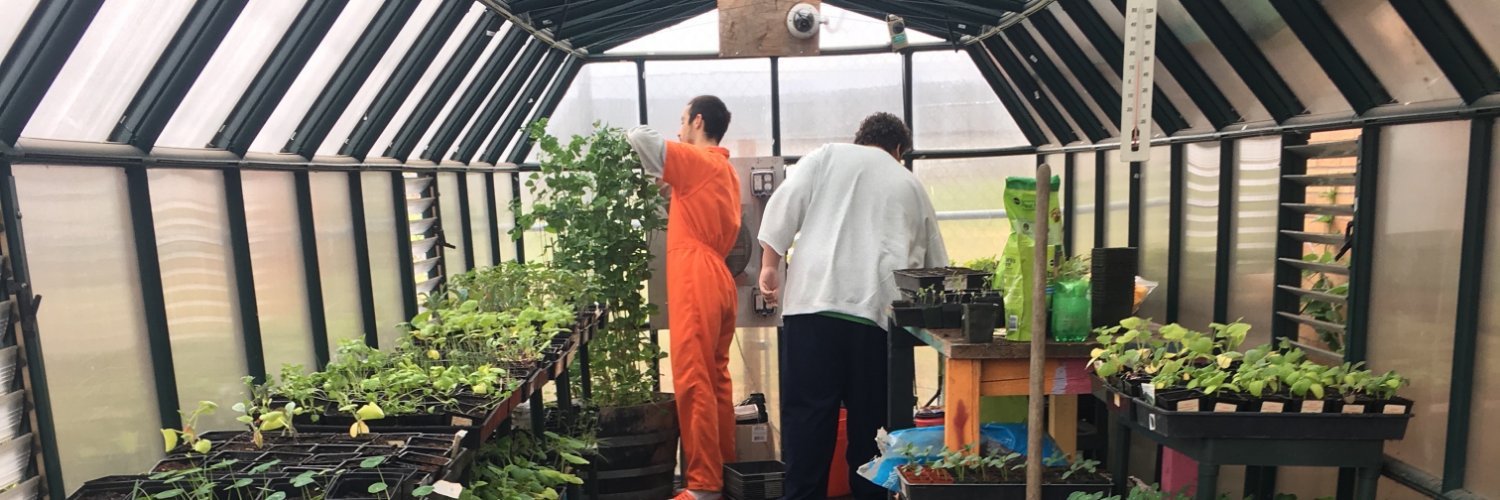Rachel Stendhal is the Outdoor Education Coordinator for Capital Region Educational Service District 113. She runs the Chehalis Basin Education Consortium that works with adjudicated youth in environmental science programs by providing workshops to students in detention centers.
Q: What inspired you to do a program like this?
A: I have always loved working with youth but especially those that might be seen as more challenging or "falling through the cracks" in the educational or other systems. My mother is a special education teacher and my parents were foster parents when I was growing up. I think a lot of my inspiration comes from my mom especially. She is always so driven in her work and home life to really make a difference in the lives of youth. In addition, I got an opportunity when I was in my Masters Program at Evergreen State College to work with Sustainability in Prisons Project, a local non-profit that works on sustainability and environmental education programs at every adult prison in the state. Prior to that I didn't have much experience working with incarcerated people. I saw all the amazing work that program was doing and realized that there was nothing similar for the youth in our state.
Q: Was there a process to get started or any barriers?
A: To start my program in 2016 I reached out to the one contact that I had met at the Lewis County Juvenile Detention in Chehalis. With his guidance and input I wrote my first grant to expand their garden program and add hands-on environmental workshops in the detention classroom. That was the first grant that I ever wrote and I got it -$40,000.00. Before I was able to start implementing any programming with the grant this staff member was forced to switch jobs so I no longer had any staff connections at the facility which was a huge barrier. The new hire was not really interested in helping me implement this program and had very limited experience with youth in general. However, I convinced the detention manager to let me come in and implement the programming myself along with my intern at the time. Our basic strategy was to keep showing up until we got accepted. I showed up every Thursday at the same time and waited until someone would let me in. Some staff there were friendlier than others, some were almost hostile that I was "bothering" them. It was humbling and surprising how much push back there was to just adding some small programming that the kids really enjoyed. It took about 3 years of showing up consistently before I was really accepted and started receiving a warm welcome and was granted access to the staff door at the facility.
Since then, I have expanded the program to Thurston County Juvenile Detention in Tumwater, Washington. When I pitched the idea to them they were very enthusiastic and helpful, a stark contrast to the other facility. This second program has been running strong since 2019.
Q: How would you tell others to get a program started in their communities?
A: Research your local detention facilities and adjudicated youth programs. Find a contact at the facility or in the program that you want to work with and just tell them you are interested in working with them. Offer them some ideas that you would like to see implemented and see if there is any interest. I provide all funding for my programming with grant funding that I receive. If you approach them with funding already they are very likely to say yes.
Q: Words of wisdom or statement about the reward in doing something like this?
A: Just keep showing up. That's the key, being consistent so the staff know you are serious and also so that the kids know they can count on you. More than any other part of my job when I am working with adjudicated youth I KNOW that I am making a difference. I always say that the topic doesn't really matter, having these kids know that I drive down there to spend time with them is what matters. For most of these youth, having adults that truly care about them makes all the difference.
Check out this link to a short video of Rachel discussing the program.



